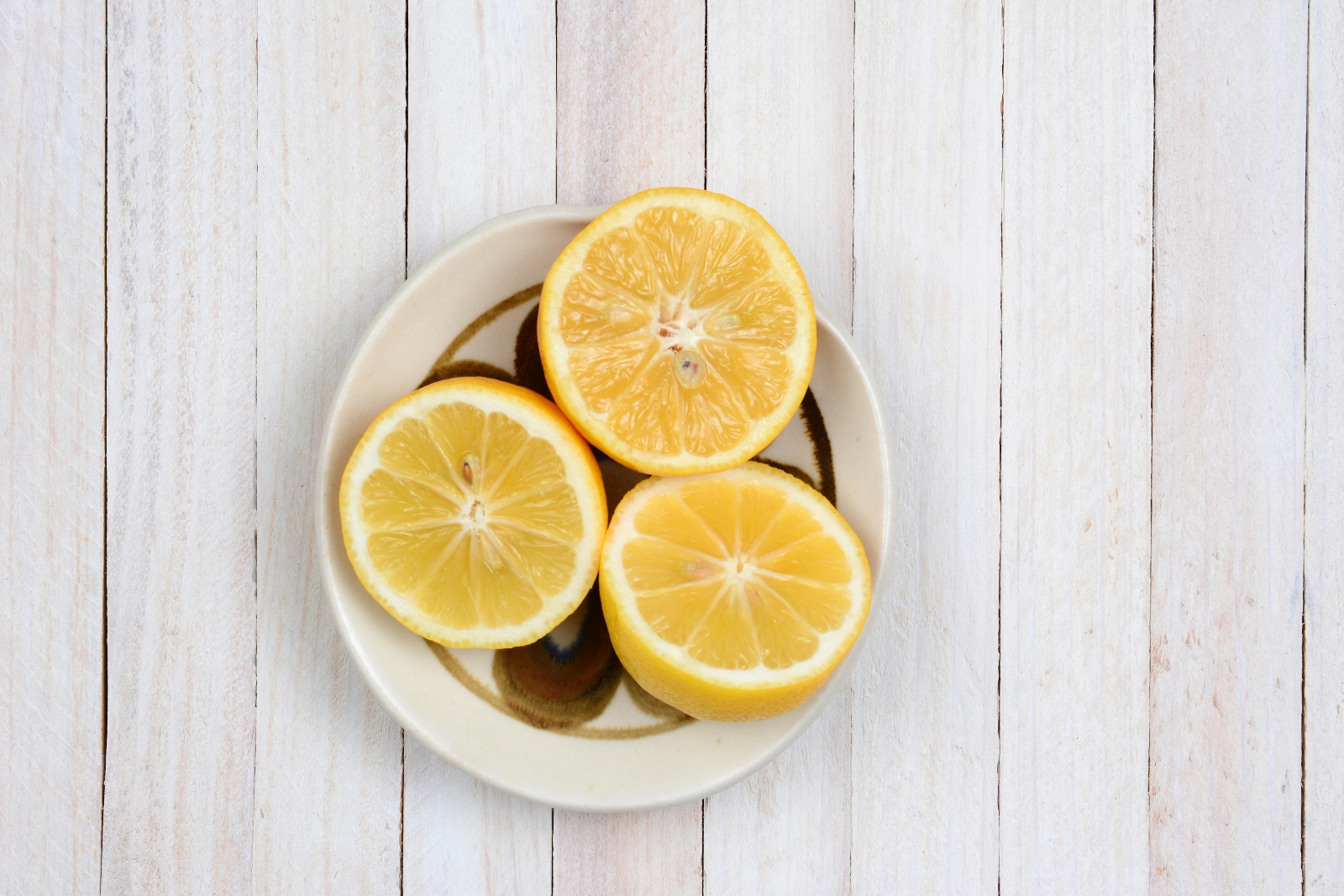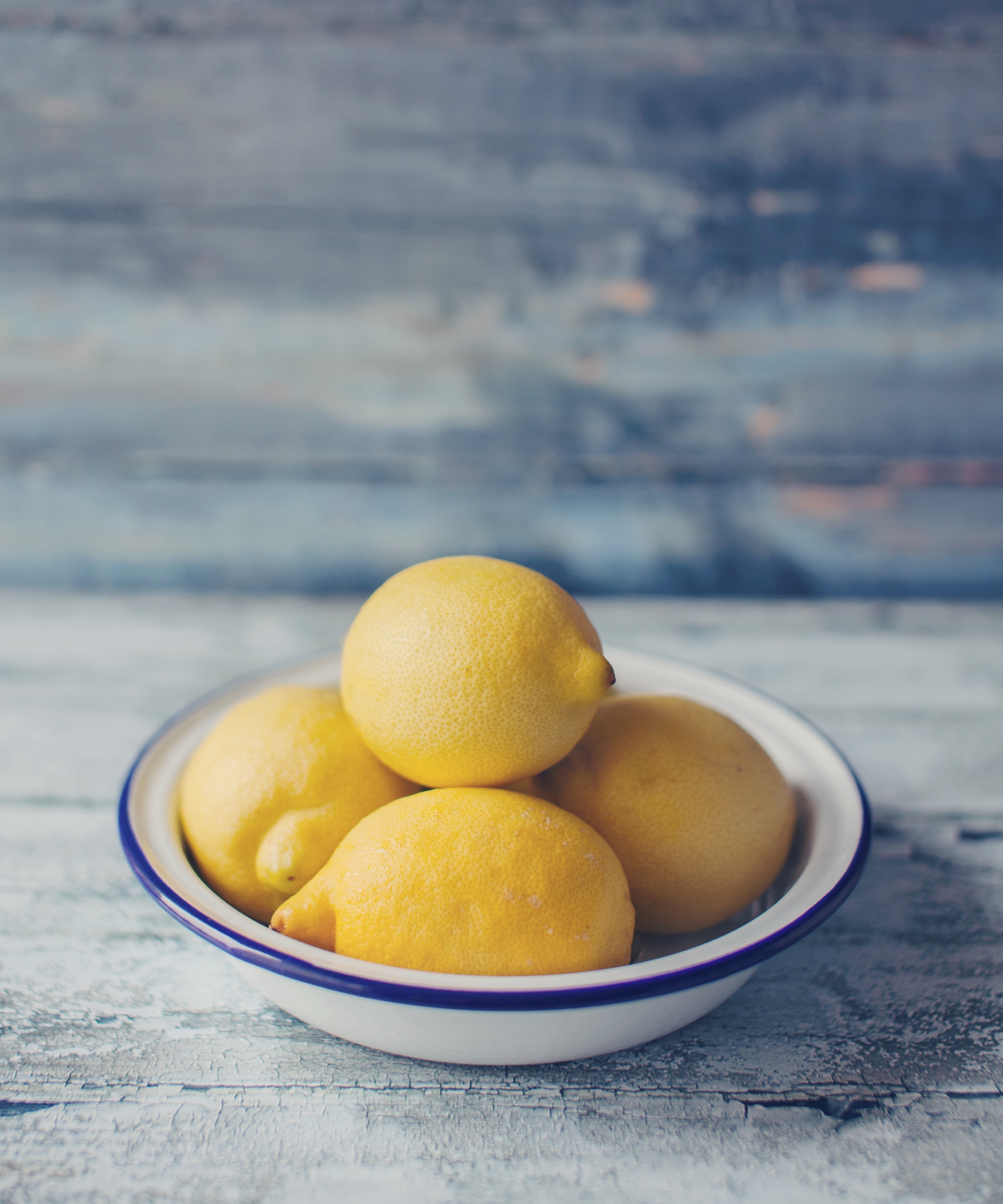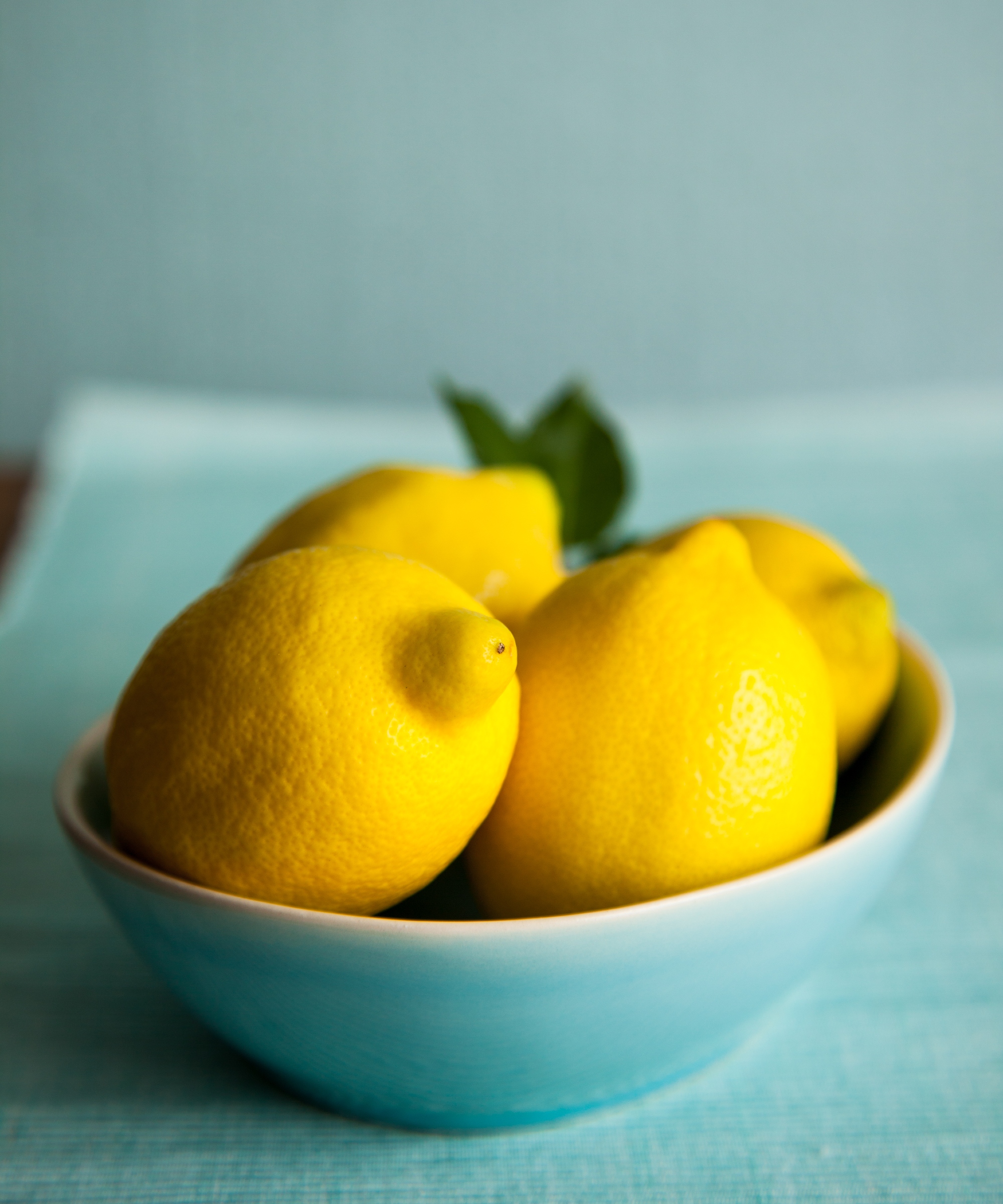How to clean your oven with lemon – the quick trick behind a citrus fresh finish
When life gives you lemons, you use them to achieve a spotless shine – this expert-approved method is refreshingly simple


Design expertise in your inbox – from inspiring decorating ideas and beautiful celebrity homes to practical gardening advice and shopping round-ups.
You are now subscribed
Your newsletter sign-up was successful
Want to add more newsletters?

Twice a week
Homes&Gardens
The ultimate interior design resource from the world's leading experts - discover inspiring decorating ideas, color scheming know-how, garden inspiration and shopping expertise.

Once a week
In The Loop from Next In Design
Members of the Next in Design Circle will receive In the Loop, our weekly email filled with trade news, names to know and spotlight moments. Together we’re building a brighter design future.

Twice a week
Cucina
Whether you’re passionate about hosting exquisite dinners, experimenting with culinary trends, or perfecting your kitchen's design with timeless elegance and innovative functionality, this newsletter is here to inspire
Knowing how to clean your oven with lemons may sound tedious – but it's about to become the easiest part of your kitchen routine.
The hack that has already made waves on social media is among the easiest (but most powerful) cleaning methods you can practice – and it's entirely expert-approved. So, while you may already know how to clean an oven effectively, this trick for cleaning with lemon juice may rewrite your method entirely.
Whether you want to tackle (even the harshest) grease without powerful chemicals or you simply want to flirt with the method that's making headlines online – these cleaning tips will make the process clear.
How to clean your oven with lemon – the expert method behind the viral social media trend

When cleaning a kitchen, it can feel natural to begin with your oven. Here's how to make the process notably quicker, easier – and more natural.
1. Create the lemon and water mixture
To begin, Carey Sperry, the Owner of Clean in Vogue, takes just one slice one fresh lemon in one and a half cups of tap water in an oven-proof bowl. Or you can also use a small-medium cookie tray or pie plate if you would prefer. Then place the mixture in a 250-degree oven for 20 minutes.
2. Wipe your oven
After 20 minutes, Carey recommends turning off the heat and letting the water cool for a few minutes. However, it's important not to let it cool too much as it should still feel hot to touch.
When the water is at the right temperature, you should wipe the oven floor, walls, and racks with a sponge or cotton cloth dipped in the hot lemon water. You should then dry the oven will a different rag.
Design expertise in your inbox – from inspiring decorating ideas and beautiful celebrity homes to practical gardening advice and shopping round-ups.
3. Use a sustainable sponge as an alternative
While using a rag will ensure a spotless finish – but the experts similarly suggest a fiber scrubber or wood cellulose sponge as a more sustainable kitchen idea. As before, Carey says you should rub off until clean before wiping residue off with a warm cloth.

How do I clean my oven with baking soda and lemon?
For tougher, baked-on greasy areas, you can use baking soda alongside lemon on the bottom and inside the oven door. And the method is just as simple. Carey suggests cutting the lemon into thick slices before squeezing the juice on top of the baking soda and scrubbing it until it comes up spotless.
Alternatively, Steve Evans, owner of Memphis Maids, says that you can clean your oven by coating the surface in baking soda and using half a lemon as a scrubber inside your oven. However, American Home Shield, warns that you may see smoke when scrubbing, so you may want to open a window during the process.
Is lemon good for cleaning oven?
Yes, using lemon is one of the best ways you can clean an oven. American Home Shield celebrates the citrus's natural cleaning abilities – mostly for its degreasing and odor neutralizing properties. And its benefits aren't limited to your oven. If you're looking for how to clean a microwave naturally, you can use lemon juice – combined with 1/3 cup of water.
The expert suggests mixing the solution in a microwavable bowl for 3 to 5 minutes before wiping the inside of your appliance thoroughly. 'Don’t forget to wipe down the outside with a cloth and some diluted vinegar or other cleaning product,' she adds.

Megan is the Head of Celebrity Style News at Homes & Gardens, where she leads the celebrity/ news team. She has a history in interior design, travel, and news journalism, having lived and worked in New York, Paris, and, currently, London. Megan has bylines in Livingetc, The Telegraph, and IRK Magazine, and has interviewed the likes of Drew Barrymore, Ayesha Curry, Michelle Keegan, and Tan France, among others. She lives in a London apartment with her antique typewriter and an eclectic espresso cup collection, and dreams of a Kelly Wearstler-designed home.